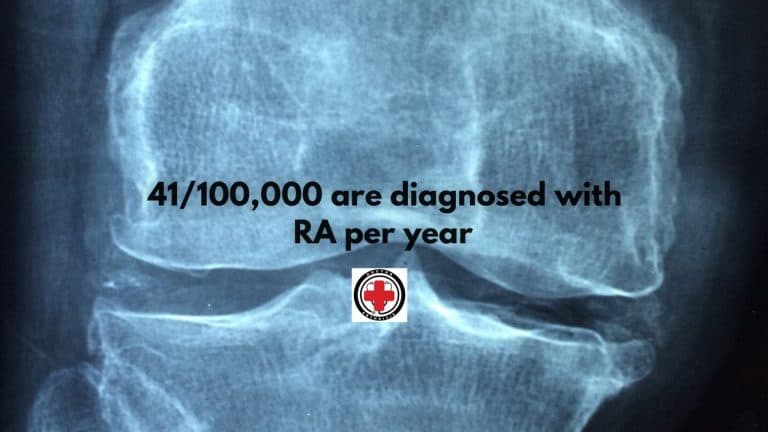With over 1 million orders

DR. ARTHRITIS SHARES: FINDINGS POINT TO POSSIBLE BREAKTHROUGH IN RHEUMATOID ARTHRITIS TREATMENT
Researchers from the University of Virginia School of Medicine made a promising and potentially groundbreaking breakthrough in arthritis treatment that could explain the painful flare-ups associated with rheumatoid arthritis (RA). Their findings could lead to better treatment options for one of the most common forms of arthritis today.
RA, an autoimmune disorder, is recognized as one of the most common forms of arthritis. It is a chronic, progressive disease that causes inflammation in the joints, resulting in immobility and deformity, especially in the fingers, wrists, feet, and ankles.

The findings were discovered unexpectedly in the course of their research into the causes of inflammation for inflammatory arthritis.
In their study, research scientist Sanja Arandjelovic, PhD found that deleting a gene called ELMO1 actually alleviated arthritis symptoms in mice without causing other problems. Originally, the team thought that the loss of this gene would actually increase inflammation.
“This was a complete surprise to us initially. I love those kinds of results, because they tell us that, first, we did not fully comprehend the scientific problem when we began exploring it, and, second, such unexpected results challenge us to think in a different way. Given that rheumatoid arthritis affects millions of people worldwide, we felt the need to understand this observation better,” adds Kodi Ravichandran, Chairman of UVA’s Department of Microbiology, Immunology and Cancer Biology.
According to a Science Daily report, the laboratory is now seeking to identify drugs that could inhibit the function of ELMO1 and is also designing a test for the variation (also called polymorphism) in the ELMO1 gene.
“This is another example of how fundamental basic research can lead to novel discoveries on clinically relevant problems that affect a large number of people,” Ravichandran notes.
To read more about visit University of Virginia School of Medicine or check out Nature Immunology.
